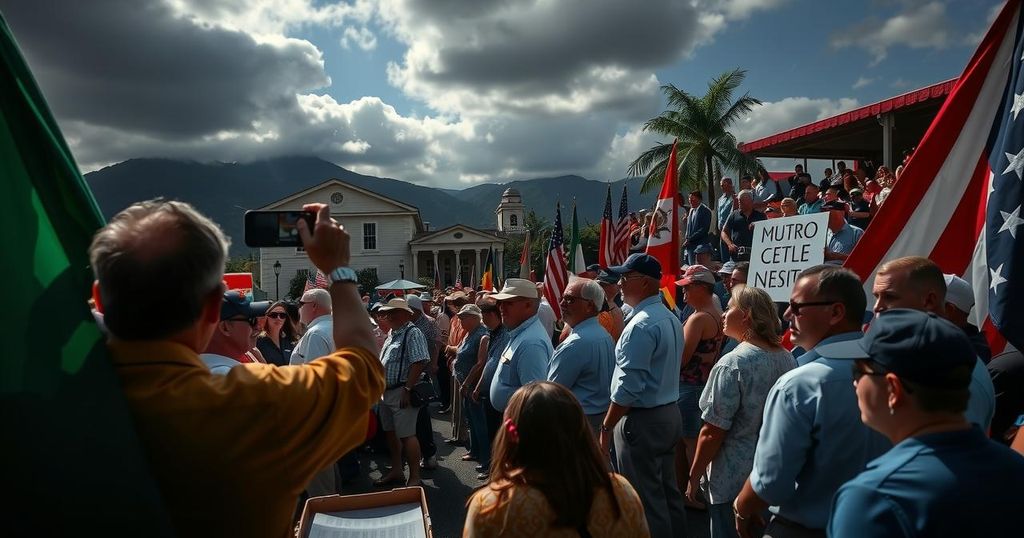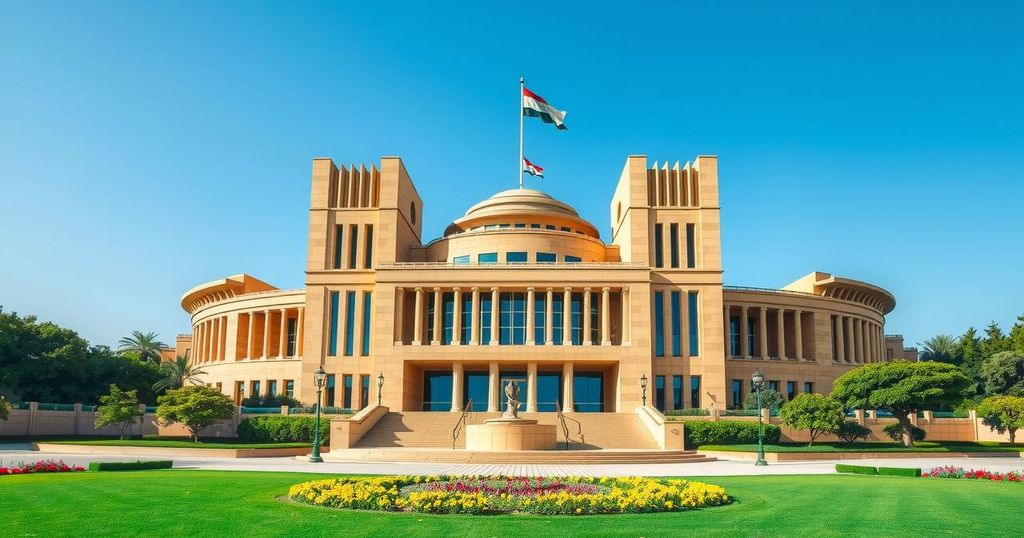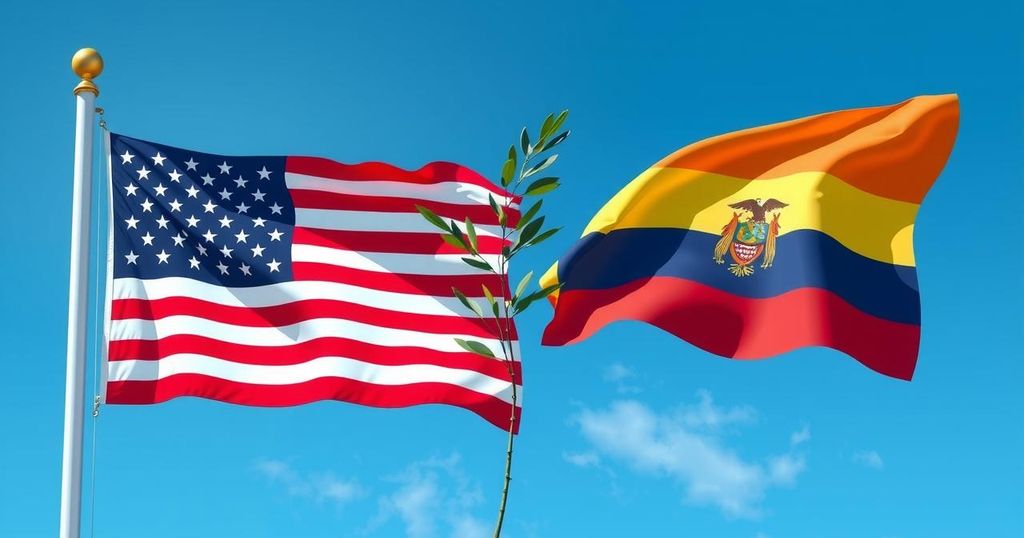Politics
ALLISON JOYCE, AP, CITIZEN VICTORY MOVEMENT, CITIZENS ’ VICTORY MOVEMENT, COLOMBIA, DALMAU, ELECTION, ELECTIONS, INDEPENDENCE, INDEPENDENCE PARTY, JORGE HERNANDEZ, JUAN DALMAU, LA PERLA, LEGISLATION, LUIS VILLAFAÑE, N. C, NEW PROGRESSIVE PARTY, NORTH AMERICA, POLITICAL ENDORSEMENTS, POPULAR DEMOCRATIC PARTY, PRESIDENTIAL ELECTION 2024, PROGRESSIVE PARTY, PROJECT DIGNITY, PUERTO, PUERTO RICAN INDEPENDENCE PARTY, PUERTO RICO, RALEIGH, SAN JUAN, SOUTH AMERICA, U. S, UNITED STATES
Leila Ramsay
0 Comments
Puerto Rico’s Historic Elections: A Pivotal Moment for Change
Puerto Rico is conducting historic elections with two main gubernatorial candidates: Jenniffer González, aiming for a third consecutive term, and Juan Dalmau, seeking to break the long-standing two-party dominance. Citizens are actively participating amid challenges, reflecting a desire for change as they also face a status referendum regarding statehood, independence, or free association. Result delays may occur, but the engagement signals a transformative potential in Puerto Rican politics.
Puerto Rico is conducting significant elections with potential historic implications, as the governor’s race features two major candidates with contrasting agendas. Should Jenniffer González of the New Progressive Party, which supports statehood, secure victory, it would signify the first instance of this party achieving three consecutive terms in leadership. Conversely, a triumph by Juan Dalmau of the Independence Party would be a groundbreaking event, representing the first time a candidate outside the traditional two-party structure emerges victorious. The election landscape has evolved dramatically over recent years, as voter dissatisfaction with the longstanding dominance of the New Progressive Party and the Popular Democratic Party has increased. This growing discontent, fueled by ongoing economic struggles and issues such as power outages, has inspired a more diverse electorate, as evidenced by younger voters seeking change. With thousands waiting in lines to cast their votes despite adverse weather conditions, citizens demonstrated their commitment to shaping a different future for the island. As Puerto Rico grapples with its political identity, voters will also encounter a nonbinding referendum concerning the island’s status, posing options of statehood, independence, or a hybrid of independence with free association. Notably, any changes in Puerto Rico’s status would necessitate approval from the United States Congress, underscoring the complexity of the territory’s relationship with the federal government. Despite challenges, including allegations of voting irregularities and delays in counting absentee ballots, the people remain resolute in their participation, reflecting a moment of profound potential for transformation in Puerto Rican politics. The outcome of these elections will not only influence the immediate political fabric of the island but may also affect the social and economic landscape for years to come.
Puerto Rico has a complex political history characterized by a two-party system dominated by the New Progressive Party, advocating for statehood, and the Popular Democratic Party, which supports maintaining the current territorial status. In recent years, however, there has been an emergence of alternative political movements, reflecting growing public dissatisfaction with traditional governance amid economic challenges and the quest for greater political autonomy. The elections offer a critical juncture for voters to re-evaluate their political options and consider alternative solutions to longstanding issues such as power outages and inadequate public services.
In conclusion, the ongoing elections in Puerto Rico signify a pivotal moment in the island’s political history, with potential outcomes that could reshape its governance and identity. The engagement of voters amidst challenging conditions highlights a strong desire for change, as evidenced by the emergence of new political voices. The results of this election, particularly regarding the gubernatorial race and the status referendum, will likely influence Puerto Rico’s trajectory and its citizens’ future aspirations.
Original Source: apnews.com




Post Comment